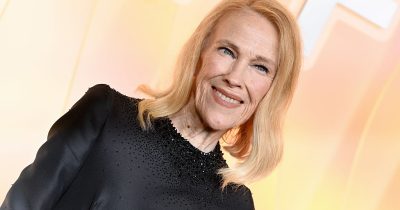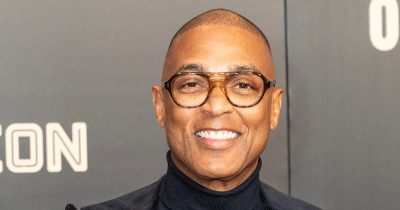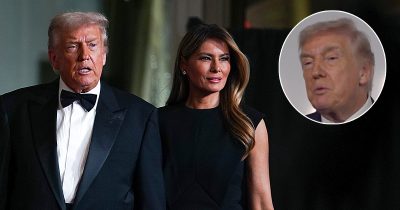
William Friedkin, the acclaimed director of Hollywood classics The Exorcist and The French Connection, has died at 87.
Friedkin died at his home in Los Angeles, his wife Sherry Lansing told the Hollywood Reporter.

Friedkin was regarded as one of the major figures of the “New Hollywood” movement of the 1970s. He lent a gritty and modern style to two of the decade’s biggest and most influential hits, and continued to make well-regarded films throughout his long career.
Early career
Born and raised in Chicago, Friedkin developed a love for cinema as a teenager, rewatching films like Citizen Kane and Psycho. He started working in the mailroom at WGN-TV, and worked his way up to directing live television shows and documentaries for the network.

He directed an episode of The Alfred Hitchcock Hour, and Hitchcock reportedly admonished him for not wearing a tie on set (Friedkin would later reference this in his Oscars acceptance speech). His feature debut was the Sonny & Cher vehicle Good Times.
The French Connection
After directing a few arthouse films — the musical The Night They Raided Minsky’s, the play adaptations The Birthday Party and The Boys in the Band — Friedkin got a major breakthrough with the 1971 film The French Connection.

An uncommonly gritty police thriller, the film was groundbreaking and widely acclaimed; it is still regarded as one of the best Hollywood films of all time and a landmark of its genre. The car chase scene is one of the most famous action scenes in film history.
The French Connection won five Academy Awards, including Best Picture, Best Actor for Gene Hackman, and Best Director for Friedkin. In 2007 it was ranked by the American Film Institute as one of the 100 best American films of all time.
The Exorcist
Friedkin’s next film was even bigger: the 1973 horror hit The Exorcist. A story of a young girl possessed by a demon and the priests sent to perform an exorcism, Friedkin’s style elevated what might’ve been a schlocky B-movie into one of the greatest horror films of all time.

Friedkin and the crew faced numerous difficulties while making the film, including unusual accidents and injuries, leading some to believe the film is cursed, and it was highly controversial when it was released. But Exorcist was also a massive hit with audiences, with people waiting in huge lines just to see it.

The Exorcist was nominated for nine Academy Awards, becoming the first horror film ever nominated for Best Picture, and Friedkin received another nomination for Best Director. Adjusted for inflation, The Exorcist is still one of the highest-grossing films of all time and widely regarded as one of the best and scariest horror films.
Later career
Friedkin never matched the success of his two biggest hits. His 1977 film Sorcerer received negative reviews at the time and was overshadowed by the release of Star Wars, though it has been reevaluated by critics and was a favorite of Friedkin’s.
Friedkin’s career soon faced setbacks: he directed the controversial and critically-derided Al Pacino thriller Cruising in 1980 and suffered a debilitating and near-fatal heart attack in 1981. His films in the 1980s and 90s had limited success, although 1985’s To Live and Die in L.A. received critical acclaim.
Friedkin worked in TV, directing episodes of CSI and a TV remake of 12 Angry Men. He made two collaborations with playwright Tracy Letts, 2006’s Bug and 2011’s Killer Joe, which received positive reviews.

His final film, an adaptation of the play The Caine Mutiny Court-Martial starring Kiefer Sutherland, is set to debut next month at the Venice Film Festival.
According to Variety, Friedkin is survived by his fourth wife Sherry Lansing and two sons.
Rest in peace, William Friedkin — one of the greatest directors of his time. Films like The French Connection and The Exorcist will continue to inspire directors and movie fans everywhere.
Please share this story in memory of William Friedkin.




